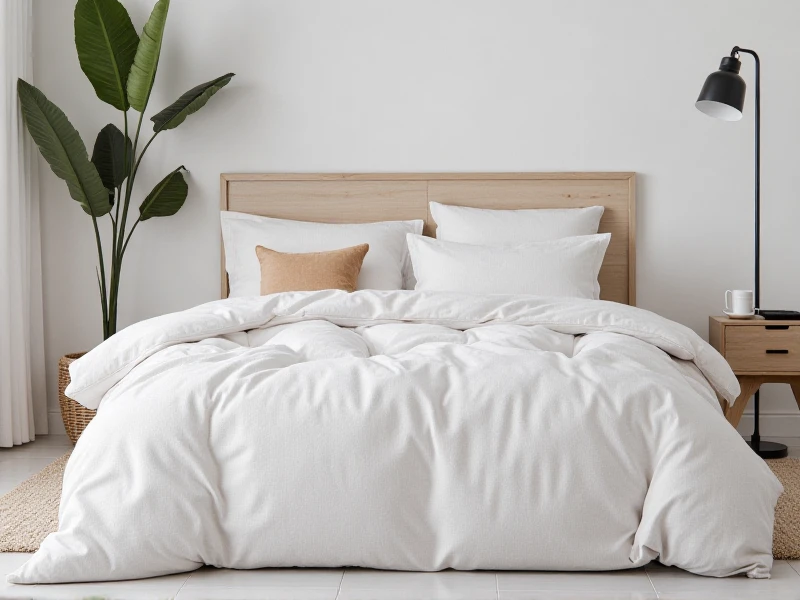Expert Guide to Choosing the Perfect Bed Sheet for a Restful Night
2025-06-08

Sleep is essential for your health and well-being, and one of the most overlooked factors in achieving quality rest is the humble bed sheet. Often, people underestimate how much their bedding choices impact their sleep quality, yet investing in the right bed sheet can transform your nights from restless to rejuvenating. In this comprehensive guide, we'll dive deep into everything you need to know about selecting, using, and maintaining bed sheets. By the end, you'll be equipped with practical tips to enhance your sleep experience while ensuring your sheets last longer and feel luxurious night after night.
First, let's explore the different types of bed sheets available. Understanding the material is crucial, as this directly affects comfort, durability, and temperature regulation. Cotton bed sheets are the most popular choice worldwide, thanks to their breathability and softness. Options like Egyptian cotton or Pima cotton offer high thread counts, typically between 200 and 1000, which contribute to a smoother, longer-lasting feel. For those seeking sustainability, organic cotton bed sheets are a fantastic eco-friendly alternative. Then there's linen—a breathable fabric that's perfect for warmer climates as it wicks moisture away from your body. Linen sheets develop a unique soft patina over time, making them a stylish investment. Silk bed sheets provide unmatched luxury, often beloved for their hypoallergenic properties and cooling effect, ideal for sensitive skin or hot sleepers. Microfiber sheets are affordable, wrinkle-resistant, and available in various colors, though they may feel less breathable compared to natural fibers. Bamboo-derived sheets are gaining popularity for their silky smoothness and environmental benefits, but they can sometimes pill with frequent washing.
When shopping for a new bed sheet, several factors deserve attention to avoid buyer's remorse. Start with the size: always check that your sheets match your mattress dimensions, including depth if you have a thick mattress topper. Standard sizes like twin, full, queen, or king are common, but measure your bed to ensure a snug fit. Thread count remains a key indicator of quality—aim for at least 300 for a balance of durability and softness. However, higher isn't always better; too dense a weave can reduce breathability. Consider the weave style too, like percale for a crisp, cool feel or sateen for a smoother, shinier surface that traps heat slightly more. If allergies are a concern, look for hypoallergenic options or fabrics treated with antimicrobial finishes. Price varies widely, but investing in a mid-range set of 100% cotton bed sheets often yields the best value—expect to spend $50-$150 for a set that includes a flat sheet, fitted sheet, and pillowcases. For a seamless experience, test samples in-store if possible, focusing on how the fabric feels against your skin for instant comfort.
Maintaining your bed sheet properly is vital for extending its lifespan and ensuring peak performance. Always follow care labels; for example, machine washing in cold water helps preserve colors and fibers. Use a gentle detergent and avoid bleach, which can weaken fabrics. When drying, tumble dry on low heat or air-dry to prevent shrinkage and maintain softness. Rotate multiple sets to reduce wear and tear—aim to wash bed sheets weekly for hygiene but have backups to let them rest. Addressing common issues like pillings involves gently brushing them off and avoiding abrasive fabrics during washing. In the long run, upgrading to high-quality sheets not only enhances sleep but also adds aesthetic appeal to your bedroom through rich colors and patterns. Ultimately, the perfect bed sheet elevates your nightly routine to a sanctuary of comfort, proving that small choices lead to big rewards in restfulness. Ready for a change? Explore our collection to find your dream sheets and start sleeping better today!
(Word count: 621)
Category: